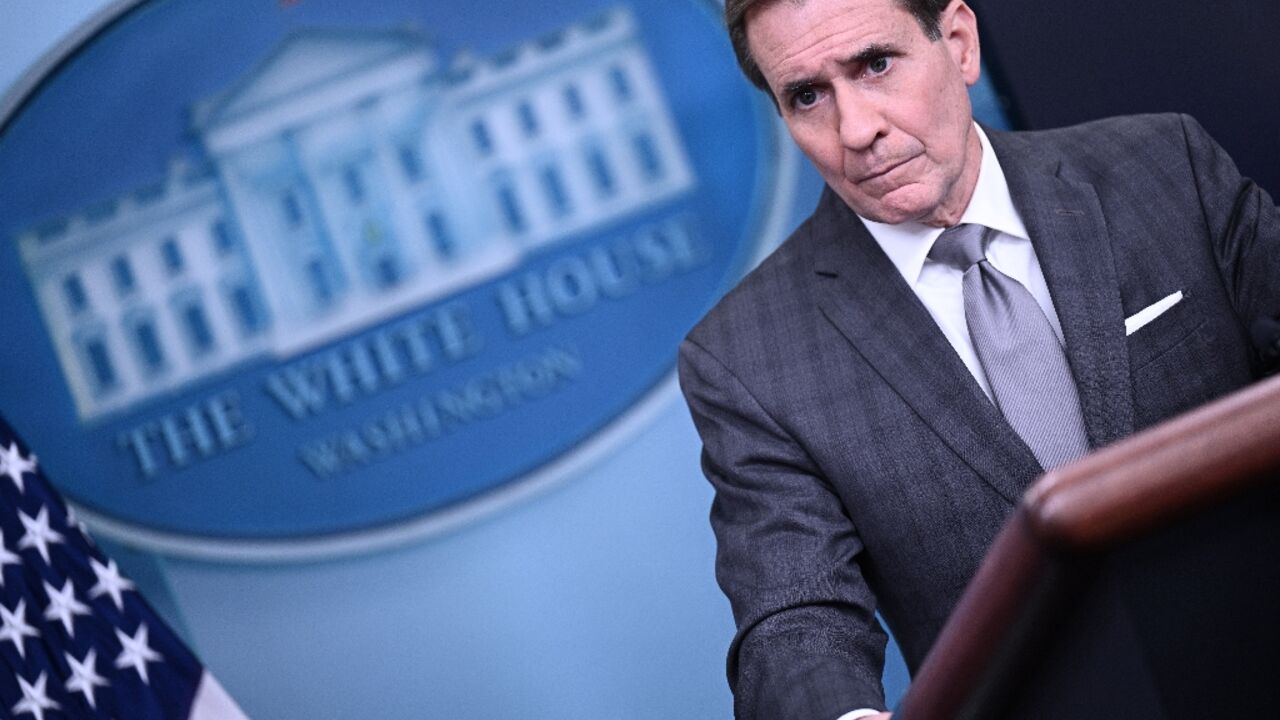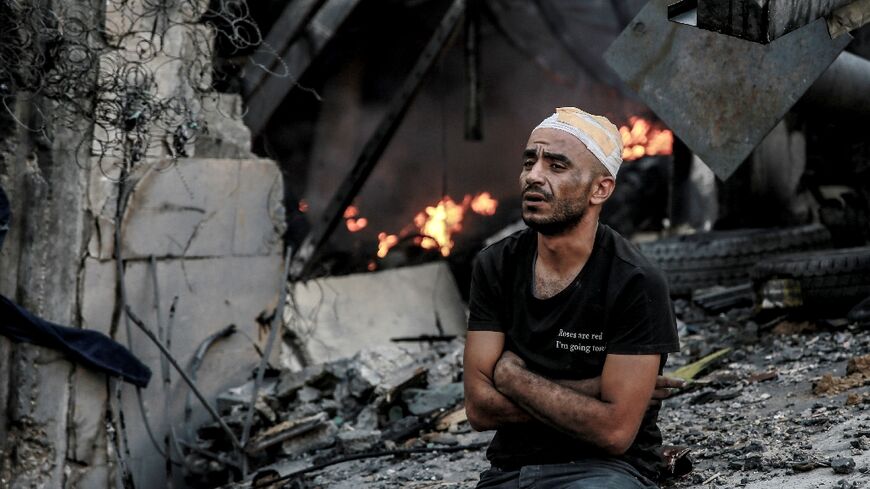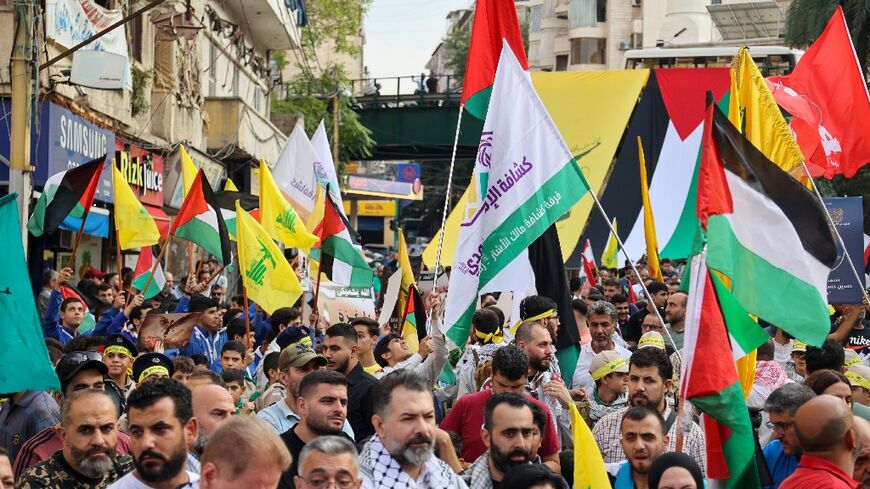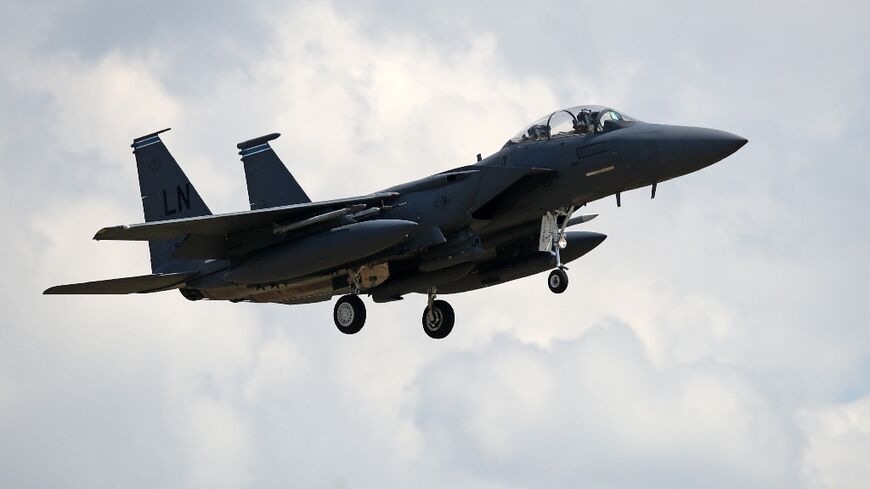Biden warned Iran leader against attacks: White House

President Joe Biden sent a message to Iran's supreme leader Ayatollah Ali Khamenei warning against strikes on US troops amid the Israel-Hamas conflict, the White House said on Thursday.
"There was a direct message relayed. That's as far as I'm going to go," US National Security Council spokesman John Kirby told reporters, declining to say how it was delivered.
Later Thursday, Defense Secretary Lloyd Austin said US forces conducted precision strikes on two facilities in eastern Syria used by Iran's Islamic Revolutionary Guard Corps.
The Pentagon says US and allied forces in Iraq and Syria have been attacked at least 16 times this month as tensions rise in the Middle East. It blamed "Iranian-backed militia groups."
Biden told a press conference on Wednesday that he had warned Khamenei of a response if the attacks continue.
"My warning to the Ayatollah was that if they continue to move against those troops, we will respond, and he should be prepared. It has nothing to do with Israel," he said alongside visiting Australian Prime Minister Anthony Albanese.
Iran meanwhile warned Washington at the United Nations General Assembly over Israel's campaign of air strikes and artillery against Gaza following the October 7 Hamas attacks.
"I say frankly to the American statesmen and military forces who are now managing the genocide in Palestine, that we do not welcome the expansion and scope of the war in the region," Foreign Minister Hossein Amir-Abdollahian said.
"But I warn if the genocide in Gaza continues, they will not be spared from this fire."
The United States has moved two aircraft carrier groups near Israel since the Hamas attacks in what it says is a bid to deter Iran and its allies from broadening the conflict.
On Sunday Defense Secretary Lloyd Austin also ordered the activation of air defense systems in the region and notified additional forces that they may be deployed soon.
There are roughly 2,500 American troops in Iraq and some 900 in Syria as part of efforts to prevent a resurgence of the Islamic State group, which once held significant territory in both countries but was pushed back by local ground forces backed by international air strikes in a bloody multi-year conflict.






